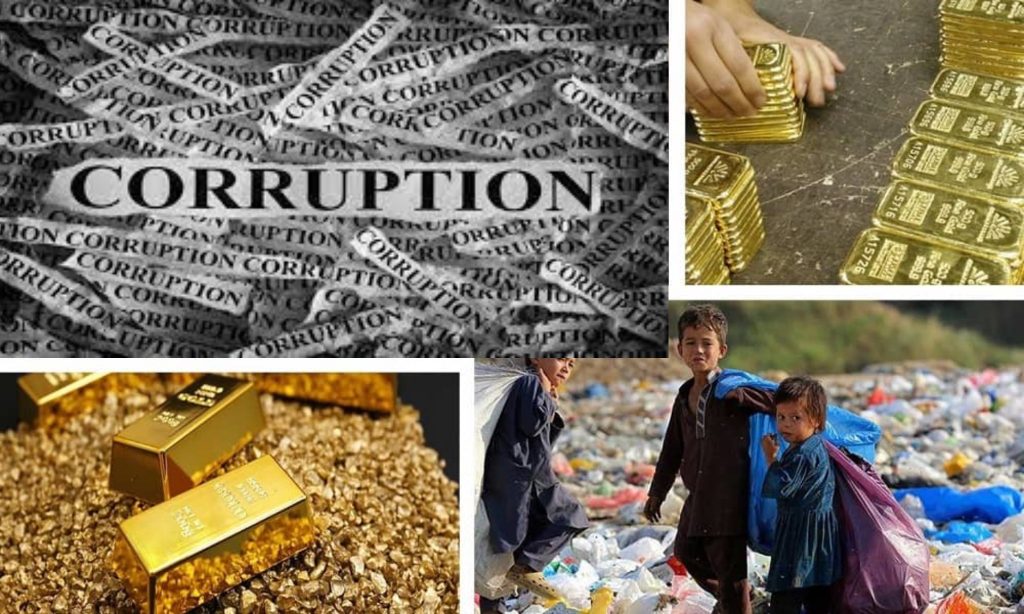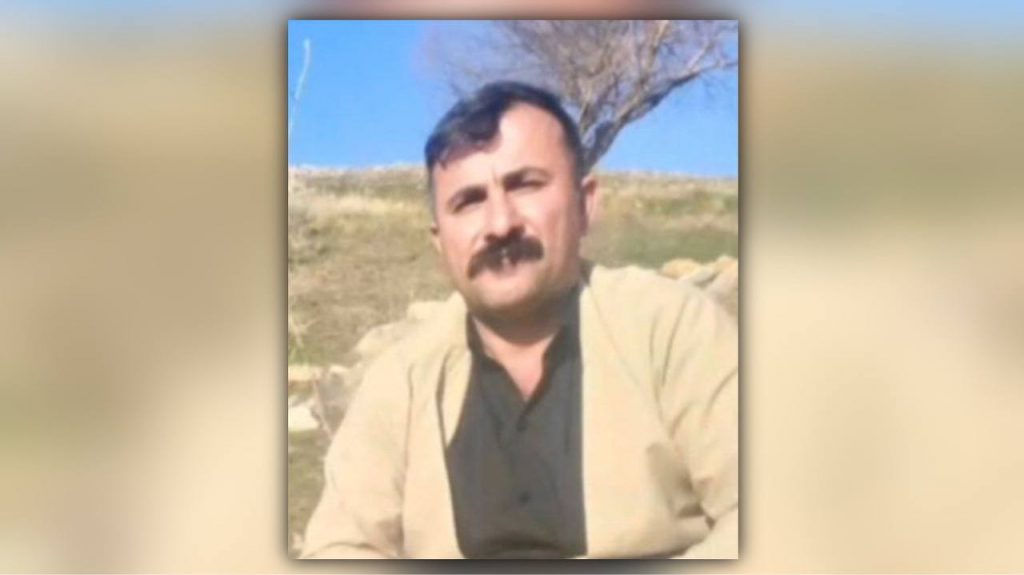
The extent of corruption in the Islamic Republic is so vast and its forms so varied that it is rarely matched elsewhere in the world. The regime ranks among the most corrupt globally, with unprecedented levels of corruption that have led to widespread injustice, poverty, and social disorder. Multi-billion-dollar thefts by top individuals close to the ruling circle, occasionally revealed due to internal rivalries, have become a common and recognized form of financial corruption in the Islamic Republic. Corruption permeates not only government, economic, and executive sectors but also extends into sports, private, and non-governmental sectors.
Recently, successive revelations of billion-dollar thefts by the regime’s officials have become a major issue in society, further fueling the deep anger and resentment of the impoverished masses towards this inhumane and corrupt regime. Following the exposure of several major embezzlements, including the multi-billion-dollar “Chai Dabesh” scandal and financial corruption involving Kazem Sedighi, Tehran’s interim Friday prayer leader, and his sons through a family-owned company amid reports of currency shortages for importing medicine, another case of economic corruption involving “Tabiat” rice has surfaced. Documents reveal that $700 million in preferential currency for importing rice and 700 billion tomans for factory equipment were granted as favors to the owner of the “Tabiat” brand in coordination with the Ministry of Agriculture. Additionally, while investigations into corruption in the “Mes Rafsanjan” club continue, a journalist from Mehr has unveiled another corruption case in another premier league football club, involving 600 gold coins, over $7 million in cash, and tens of billions of tomans in bribes within less than four years, with Khodadad Afsharian, head of the referees’ committee, and Sohail Mehdi, head of league matches, as main suspects.
Looking at recent decades’ history shows that unprecedented thefts and astronomical wealth amassed at the expense of worsening poverty and the destruction of millions’ lives have irreversibly intertwined with the ruling capitalist system and its reactionary relations. Throughout the despotic regime’s existence, ruling governments and their factions, without exception, have exploited state privileges and power amid a complete dictatorship and a corrupt judicial system, making any inspection or accountability impossible. They have committed such atrocities to plunder the country’s wealth and public assets through bribery, favoritism, and embezzlement, rarely seen globally. Over the Islamic Republic’s 45-year history, tens of thousands of corruption, embezzlement, and theft cases have occurred, primarily involving government officials, IRGC commanders, clerics, or with their support. Throughout this period, those in the core of power, clerics, and the corrupt judiciary have either directly participated in these corrupt acts or remained silent. However, they have loudly protested over a few strands of women’s hair, savagely attacking women and girls.
The root of all pervasive corruption, embezzlement, and bribery in the Islamic Republic lies in the existence of this reactionary system. The policies of this government, or its political superstructure, consist of merging religion and state and using outdated religious laws and morals to govern exploitative class relations and oppressive social relationships. Within such a despicable and exploitative system, as long as the despotic Islamic Republic remains in power, there is no way to mitigate or eliminate state theft and corruption other than relying on the continued revolutionary movement of “Woman, Life, Freedom.” This movement, driven by the united force of workers, laborers, and the oppressed segments of society, will eventually consign the corrupt and criminal Islamic Republic to the dustbin of history.

